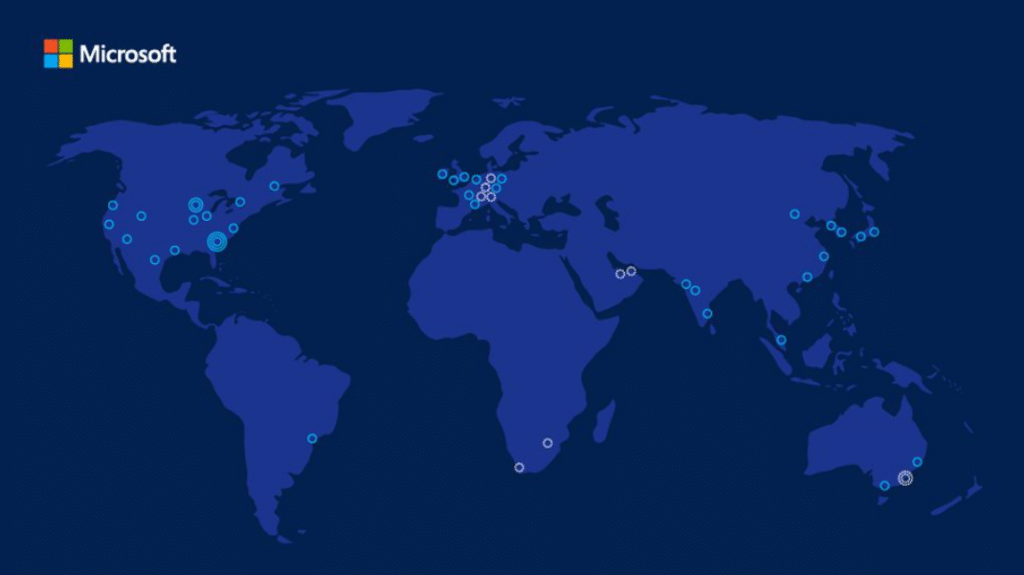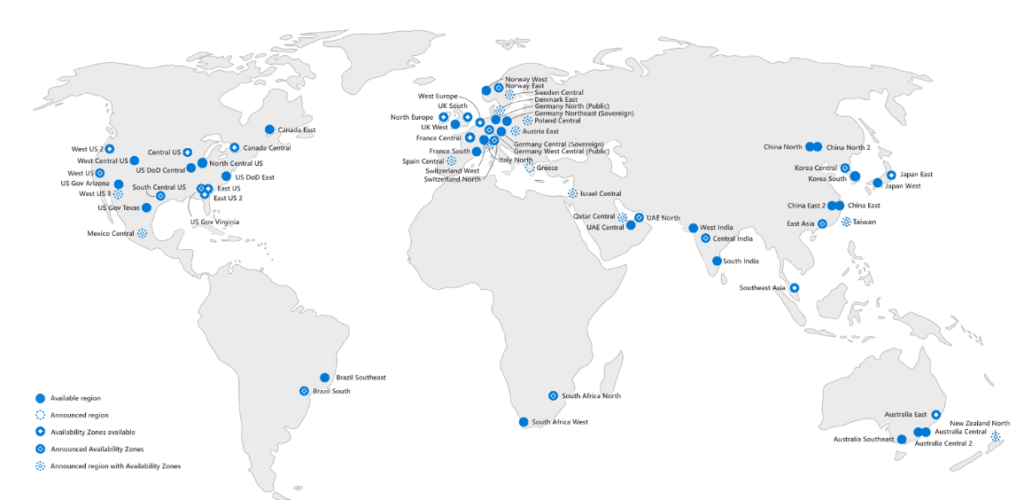Microsoft takes bold stand against U.S. interference in Europe—what it means for global tech power is now at the center of a major global tech debate. With rising tension over digital sovereignty and international data control, Microsoft’s announcement isn’t just about corporate policy—it’s about the future of tech governance across borders.
Why Did Microsoft Publicly Oppose U.S. Interference in Europe?

Microsoft made headlines when President Brad Smith announced the company would legally challenge any U.S. government orders that demand interruption of its services in Europe. This marks a rare and significant position taken by a major U.S. tech corporation against its own government.

Key reasons behind this move:
| Reason | Explanation |
|---|---|
| Digital sovereignty | European customers want their data protected under EU laws. |
| Global customer trust | Microsoft wants to ensure uninterrupted service and build loyalty abroad. |
| Regulatory compliance | Adhering to GDPR and local European regulations is legally critical. |
| Political neutrality in business | Avoid becoming a pawn in global political conflicts. |
| Long-term global growth strategy | Europe is a huge cloud and AI market for Microsoft expansion. |
Microsoft’s Message: We Stand with European Laws and Customers
In a major announcement made in Brussels, Microsoft President Brad Smith stated that the company will resist any attempt—by any country—to force a shutdown of its cloud services in Europe.
“If we’re ordered by any government to cease operations in Europe, we will contest it vigorously—including taking it to court,” said Brad Smith.
This statement reaffirms Microsoft’s dedication to following local European rules over international political pressure. It’s not just a corporate PR move—it’s a clear strategy to protect long-term business interests by aligning with regional sovereignty demands.
How Microsoft Is Backing Its Words With Action
Microsoft isn’t just talking—it’s investing heavily. The company announced new data center expansion across 16 European countries, including Germany, France, Spain, Italy, and the UK.
Key Expansion Plans:
- $3.2 billion investment in Germany for cloud infrastructure
- AI-focused hubs in London and Paris
- Strategic partnerships with local regulators and energy providers for green cloud solutions
These actions show Microsoft is future-proofing its European business to reduce reliance on U.S.-based governance or infrastructure.
Microsoft Takes Bold Stand, Microsoft’s Strategy Against U.S. Interference
Here’s a visual summary of Microsoft’s broader play:
Microsoft’s Strategic Response to U.S. Interference
+-------------------------+
| Legal Resistance |
+-------------------------+
|
v
+----------------------------+
| Compliance with EU Laws |
+----------------------------+
|
v
+-------------------------------+
| Data Center Expansion in EU |
+-------------------------------+
|
v
+---------------------------------+
| Customer Trust + Sovereignty |
+---------------------------------+
This approach is about both legal protection and building future growth.
Why This Move Matters for Other Tech Giants
Microsoft’s aggressive legal and infrastructure stance sets a new benchmark. Other U.S. companies like Google, Amazon, and Meta have also faced pressure over international data handling. But none have made such a clear commitment to push back.
This could lead to:
- Stricter global tech regulations
- New international tech agreements
- A rise in local cloud competitors (like OVH in France or SAP in Germany)
- Tech giants being forced to localize operations to stay compliant
According to Associated Press, Brad Smith emphasized that Microsoft will pursue every legal remedy available to defend its presence in Europe. This reinforces the company’s position as both a leader in global cloud infrastructure and a pioneer in ethical data practices.
The Legal Precedent: Microsoft Corp. v. United States
This is not the first time Microsoft challenged its own government in court. In the 2013 Microsoft Corp. v. United States case, the company resisted turning over customer emails stored in a data center in Ireland. The Supreme Court later mooted the case after Congress passed the CLOUD Act—but the legal resistance helped shape global data sovereignty discussions.
By revisiting that playbook, Microsoft shows it’s prepared for a long legal journey to defend its international users.
What This Means for USA Readers and Tech Investors
If you’re a U.S. reader, this story affects you in several ways:
- Data ownership: It sparks deeper questions about who controls your data and where it is stored.
- Investing in tech stocks: Microsoft’s long-term European strategy shows it’s playing the global game right.
- Future of cloud laws: You may see new bipartisan debates in Washington over international digital rights and regulations.
Conclusion: Microsoft’s Stand Is a Wake-Up Call for Global Tech
Microsoft’s bold stand against U.S. interference in Europe is more than a corporate statement—it’s a strategic shift in global tech power. By committing to legal resistance, expanding data infrastructure, and aligning with European policies, Microsoft is telling the world: we protect our users, not just our profits.
As more tech firms face government pressure, Microsoft’s model may become the gold standard for navigating legal, ethical, and geopolitical challenges in the digital age.
[USnewsSphere.com / apn]





